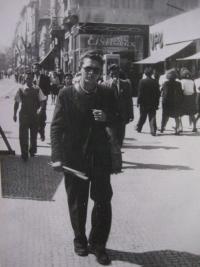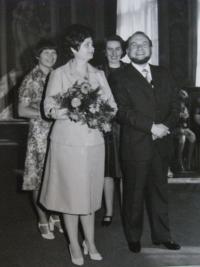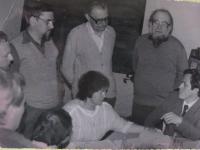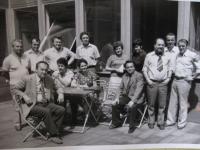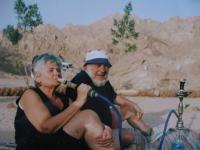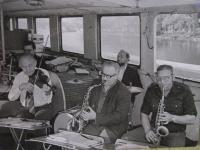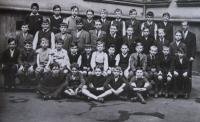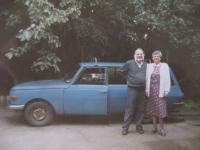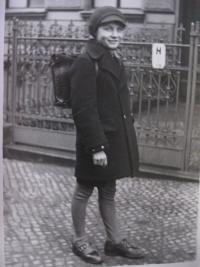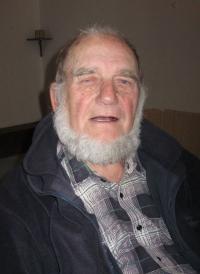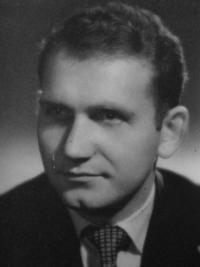I don’t think I have even a single nice memory from the war. It was terrible.

Download image
Vladimír Holman was born May 12, 1929 in Osek. After two years he moved with his parents to Žebrák and after another two years again, this time to Prague-Libeň. His active participation in the 1938 all-Sokol rally was one of his greatest childhood experiences. He remembers his stays in the Orlické Mountains in the pre-war years, where his father was working as a driver on the construction of the border fortification line. Vladimír, with his mother, often went there to stay with him during summer vacations. On the other hand, the takeover of Prague by the wehrmacht on March 15, 1939 was a traumatizing experience for him. For Vladimír Holman it is painful to remember the war years in Prague, filled with terror and fear. He experienced what it was like to have a German gun pressed to his back. He witnessed killings and bombardment. After the war he became an electrical engineering specialist. He was also fired from a job for his so-called ideological ignorance, and experienced difficulties searching for other employment. At present he leads a happy life, full of travelling and music.
